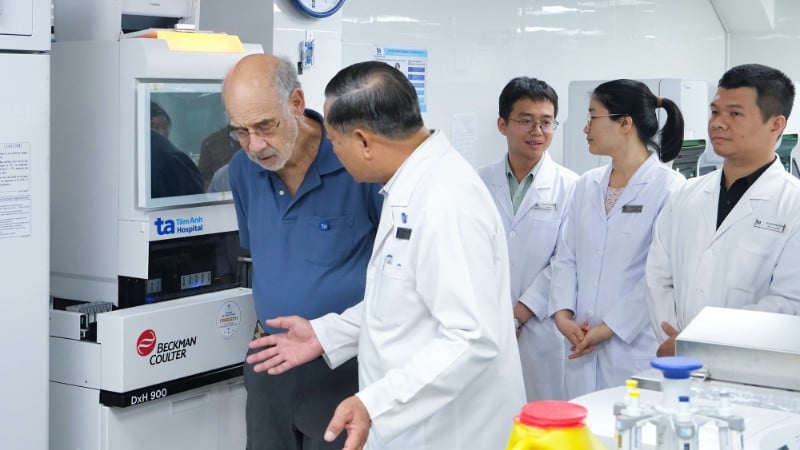
This is an important scientific step forward in the strategy of screening and early detection of dangerous infectious diseases in Vietnam, in the context that Vietnam has nearly 10 million people currently suffering from hepatitis B and each year there are thousands of cases progressing to cirrhosis and liver cancer.
Hepatitis D virus (HDV) is a dangerous virus that only attacks people who are infected with hepatitis B. When these two viruses "go together", the progression of cirrhosis and liver cancer increases 2-3 times faster. Currently, Vietnam has about 10 million people with hepatitis B.
The HEP-D study is the name of a joint research project between scientists from the Tam Anh Research Institute of the Tam Anh General Hospital System, the Stanford Institute for Microbiology and Epidemiology, and is the first and largest-scale study ever conducted in Vietnam on hepatitis D.
The study will be implemented in multiple centers at Tam Anh General Hospital in Hanoi , Tam Anh General Hospital in Ho Chi Minh City and Bach Mai Hospital from November 2025 to July 2026, aiming to help patients with co-infected hepatitis BD have more opportunities to detect early and proactively prevent cirrhosis and liver cancer more effectively.
To research HEP-D according to international standards, the Stanford Institute for Microbiology and Epidemiology (USA) has received and directly trained the center's team of doctors and technicians in hepatitis D testing techniques according to "Stanford standards".
Thanks to that, Vietnamese experts can work with scientists from the Stanford Institute of Microbiology and Epidemiology in the US to conduct the HEP-D study to assess the rate and risk of hepatitis BD co-infection in Vietnam, creating an important premise to help Vietnam have early access to research on drugs to specifically treat hepatitis D.
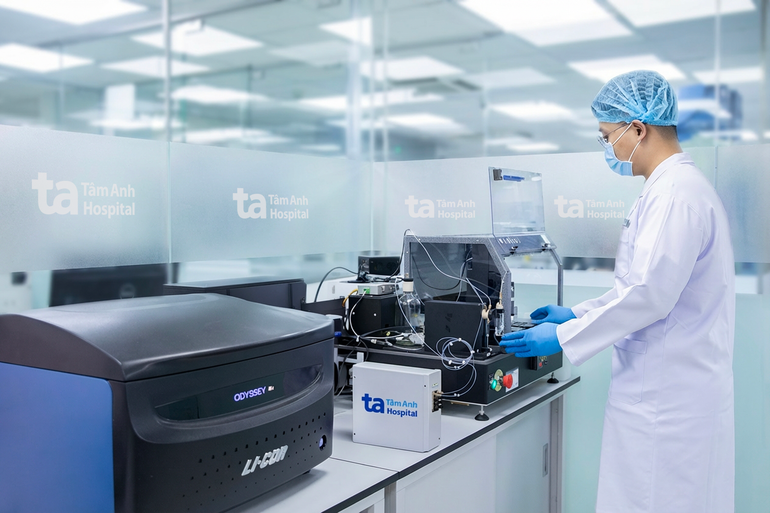
With the operation of a modern specialized machinery system, the testing procedures are built and evaluated by leading scientists from Stanford, thus ensuring accurate world-standard results are established right in Vietnam without having to send samples abroad for testing as before, limiting the risk of incorrect test results as well as reducing time and costs for these important tests.
The results of this research between two leading research institutes in Vietnam and the US will make an important contribution to health managers and experts in the field of hepatitis in Vietnam, providing them with more accurate scientific data of an unprecedented magnitude in Vietnam, thereby providing them with more data to develop more effective strategies for managing hepatitis in Vietnam.
More specifically, with close cooperation with the Stanford Institute for Microbiology and Epidemiology in this Hep-D research, Tam Anh also hopes to soon bring to Vietnam the drug invented by Stanford scientists to treat hepatitis D in the context that there is currently no drug in the world to treat this disease and in Vietnam there are tens of millions of people infected with hepatitis B at risk of co-infection with hepatitis D.
Research on the prevalence and assessment of hepatitis D virus in Vietnam is one of four important projects that the two sides signed a cooperation agreement on from 2023, during the reciprocal state visits of the two governments of Vietnam and the United States.
From November 25, the three hospitals conducting the study will begin recruiting patients. Doctors at these three hospitals will assess suitability and advise on participation in the study.
Dr. Phuong Le Tri, Executive Director of Tam Anh Research Institute, shared: The HEP-D study will enroll patients aged 16 and older who have been diagnosed with chronic hepatitis B. Participants only need to visit once and have a blood test to detect whether they are infected with the hepatitis D virus or not.
Tam Anh fully sponsors the first 2,500 tests to encourage hepatitis B patients to undergo testing to assess the risk of co-infection. All testing costs within the scope of the study will be free. Participants will also be partially supported with travel expenses. Participation is completely voluntary, and patients can withdraw at any time without affecting their regular examination and treatment.
Source: https://nhandan.vn/viet-nam-trien-khai-nghien-cuu-ve-viem-gan-d-chuan-quoc-te-voi-quy-mo-lon-nhat-post925467.html


![[Photo] Next to the "mountain of trash" after the flood, Tuy Hoa residents strive to rebuild their lives](/_next/image?url=https%3A%2F%2Fvphoto.vietnam.vn%2Fthumb%2F1200x675%2Fvietnam%2Fresource%2FIMAGE%2F2025%2F11%2F24%2F1763951389752_image-1-jpg.webp&w=3840&q=75)








































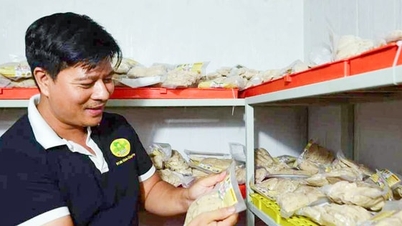









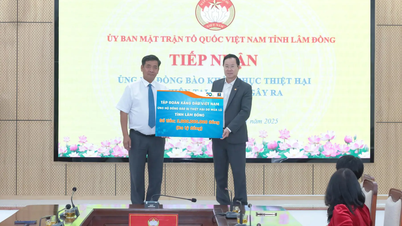














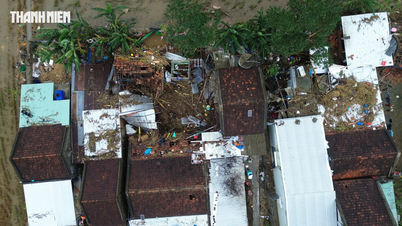








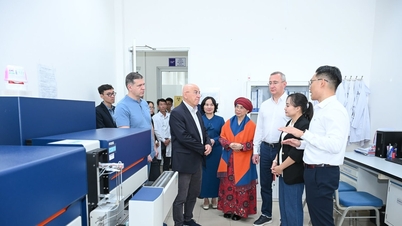







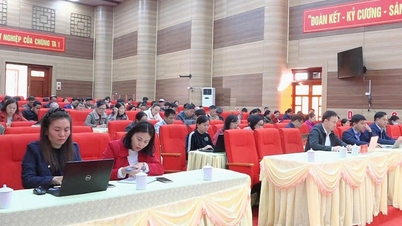














Comment (0)